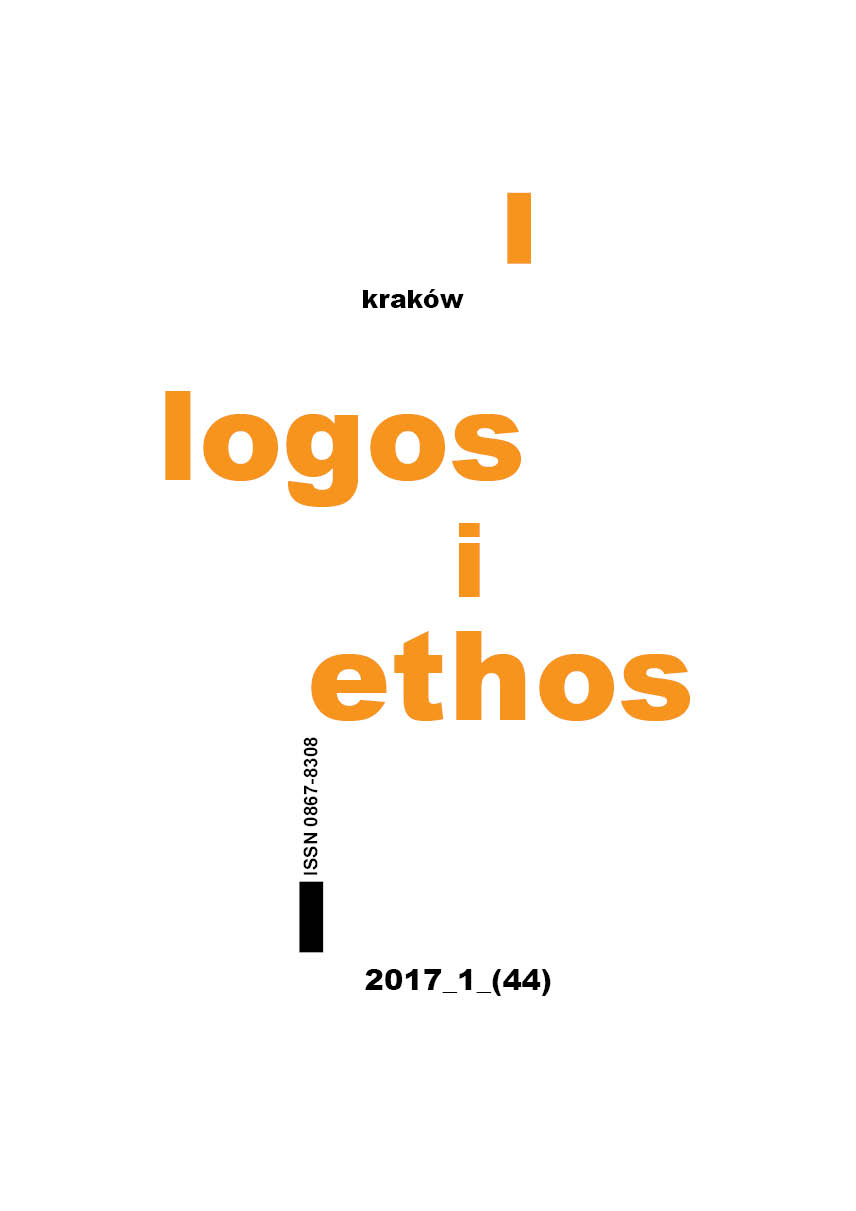The Ongoing Miracle and its Historical Roots
DOI:
https://doi.org/10.15633/lie.2120Słowa kluczowe:
solidarność, wolność, współpraca, rewolucja, zaufanie, Hanna Arendt, Arista Maria CirtautasAbstrakt
Solidarność pomnaża wolność. Stwarza ona bowiem środowisko przyjazne wolności oraz wprowadza w świat radykalną nowość w postaci rewolucji intelektualnej, społecznej i artystycznej. Solidarność jest także rezerwuarem wzajemnego zaufania i odpowiedzialnej pomocy humanitarnej. Wszystkie te aspekty cudu solidarności były obecne podczas polskiej rewolucji „Solidarności” z 1980 roku, która zapoczątkowała pokojową, społeczną i polityczną transformację kraju. Teoria i praktyka solidarności, odziedziczone po tej rewolucji, mogą być traktowane jako ideał regulatywny, który warto badać i kontynuować.Bibliografia
Arendt H., Between Past and Future, New York 1961.
Arendt H., The Human Condition, Chicago 1958.
Arendt H., The Life of the Mind, San Diego 1981.
Arendt H., On Revolution, London 2006.
Aristotle, Nicomachean Ethics, transl. W. D. Ross, Oxford 2009.
Ash T. G., The Polish Revolution: Solidarity, 1980–82, New York 1984.
Austin J. L., How to do Things with Words. The William James Lectures Delivered at Harvard University in 1955, Oxford 1962.
Avineri S., Demokracja bez solidarności, in: Solidarność i kryzys zaufania, red. J. Kołtan, Gdańsk 2014, p. 13–25.
Bayertz K., Four Uses of Solidarity, in: K. Bayerz, Solidarity, Dodrecht 1999, p. 3–29.
Bohnet I., Frey B. S., Huck S., More Order with Less Law: On Contract Enforcement, Trust, and Crowding, “American Political Science Review” 95 (2001), p. 131–144.
Cirtautas A. M., The Polish Solidarity Movement. Revolution, Democracy and Natural Rights, London–New York 1997.
Durkheim É., The Division of Labor in Society, London 1997.
Fromm E., Escape form Freedom, New York 1994.
Giddens A., The Consequences of Modernity, Stanford 1990.
Hardin R., Trust, Cambridge 2006.
Solidarność a kryzys zaufania, red. J. Kołtan, Gdańsk 2014.
Krzemiński I., Solidarność. Niespełniony projekt polskiej demokracji, Gdańsk 2013.
Matynia E., Performative Democracy, Oxford 2009.
Ost D., Solidarity and the Politics of Anti‑Politics, Philadelphia 1990.
Rorty R., Contingency, Irony and Solidarity, Cambridge 1989.
Staniszkis J., Poland’s Self‑Limiting. Revolution, Princeton, N. J. 1984.
Stawrowski Z., Solidarność znaczy więź, Kraków 2010.
Tischner J., Etyka Solidarności, Kraków 1981.
Zagajewski A., Solidarity, Solitude: Essays, Michigan 1990.
Pobrania
Opublikowane
Numer
Dział
Licencja
Autorzy publikujący w czasopiśmie udzielają jego wydawcy zgody o następującej treści:
- Autor zachowuje autorskie prawa majątkowe do utworu, a jednocześnie udziela wydawcy czasopisma zgody na jego pierwszą publikację w wersji drukowanej i wersji online na licencji Creative Commons Uznanie autorstwa 4.0 Międzynarodowe oraz zgody na wykonywanie opracowań, w tym przekładów.
- Autor ma możliwość udzielania zgody niewyłącznej na opublikowanie utworu w wersji, która ukazała się w czasopiśmie (np. zamieszczenia go w repozytorium instytucjonalnym lub opublikowania w książce), wraz z informacją o jego pierwszej publikacji w czasopiśmie.
- Autor może umieścić swój utwór online (np. w repozytorium instytucjonalnym lub na swojej stronie internetowej) jeszcze przed zgłoszeniem utworu do czasopisma.

